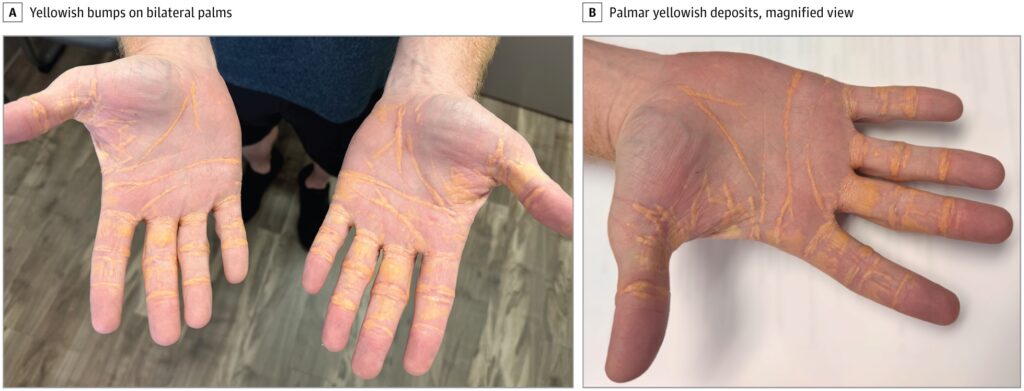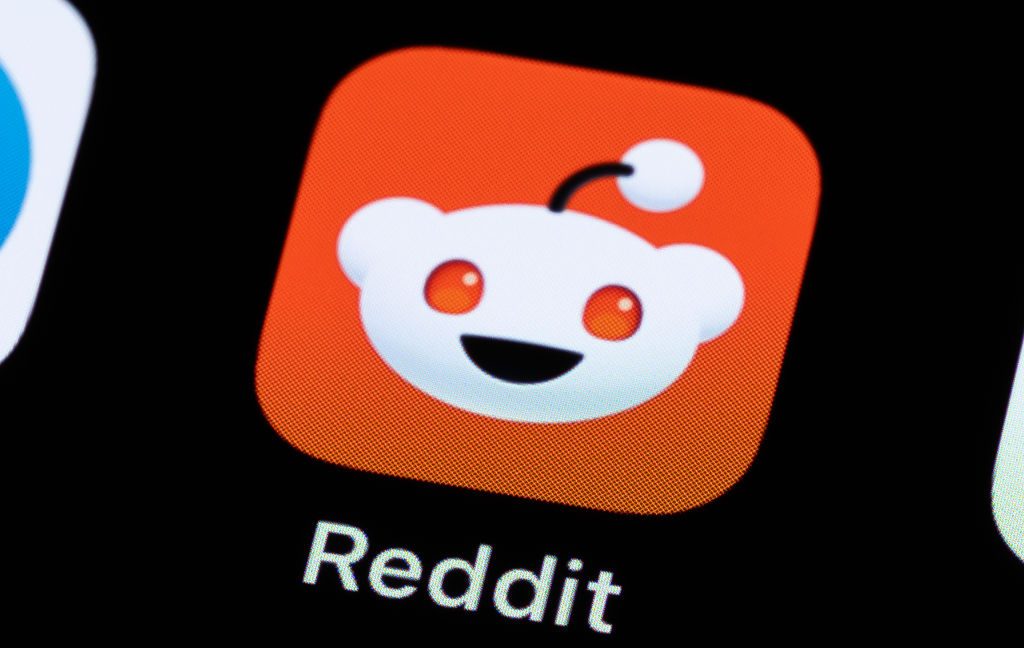Edit Content
Trending






Bloating is a feeling of fullness or swelling in your belly or abdomen caused by gas building up in your gut. When eating or drinking, everyone swallows a little air, but swallowing too much can lead to extra gas and symptoms like bloating and burping.
Certain foods and drinks can also cause more gas. Bloating sometimes makes your belly look bigger, which is called distention. Bloating can also cause discomfort or pain for some people.
Bloating is usually more of an annoyance than a serious medical issue. While it can feel uncomfortable or even make you self-conscious, bloating after eating is often preventable.
Eating slowly and thoroughly chewing your food is the best way to stop bloating after eating, as it helps you avoid swallowing excess air. It’s especially helpful if you burp often. This simple strategy aids digestion by breaking food into smaller particles, making it easier for your gut to process what you’ve eaten.
This change can be simple. You can take smaller bites, use smaller utensils, chew more times before swallowing, or take short breaks during your meal by sipping water or putting your utensils down between bites.
This technique has other benefits, too. Taking your time can help you eat less and feel full, which may support weight management. Research shows that it takes about 20 minutes for your brain to recognize that you’re full. Conversely, eating too quickly is linked to gaining extra weight.
Eating slowly is also a mindful eating practice, as you can pay attention to your food and its aroma, flavors, and textures. Mindful eating involves removing distractions and staying aware of your body’s signals while eating (e.g., hunger and fullness) without judging yourself. Mindful eating helps reduce stress and supports the body’s digestive system by promoting relaxation.
There are other ways to prevent bloating after eating. Eating smaller portions throughout the day helps prevent overloading your gut and reduces the gas produced, making you feel more comfortable. Remember to slow down and sit while you eat rather than eating on the go, which can lead to eating too fast and overeating.
Regular exercise can improve digestion and help prevent bloating. Activities like walking can be especially helpful when you’re feeling bloated. Massaging your stomach from the right to the left can also help release trapped gas.
You can also try simethicone or other over-the-counter (OTC) medications for gas, including charcoal capsules, which may turn your stool black, though this is harmless.
If you’re also feeling constipated, it’s important to consult a doctor for treatment. While high-fiber foods can help with regularity and constipation, insoluble fiber—found in the outer skin of plant foods such as whole grains, nuts, and seeds—may cause more bloating and gas. Soluble fiber supplements, like psyllium, are generally easier to tolerate.
It’s best to avoid or limit habits that can promote bloating, such as chewing gum, sucking on hard candy, drinking carbonated beverages, drinking through a straw, and talking while you eat or drink. These habits can cause you to swallow more air, contributing to bloating.
Some people experience more gas when they consume certain carbohydrates that aren’t fully digested. When these carbohydrates reach the large intestine, bacteria break them down, causing gas. Foods and drinks containing carbohydrates that may lead to excess gas include:
Eating too much fiber or high-fat foods can also increase bloating after eating. Talk to your healthcare provider if you think certain foods are causing bloating. A registered dietitian can help identify trigger foods and provide nutrition advice to keep you nourished.
Bloating can happen to anyone, often caused by swallowing too much air or overeating. Bloating is mild and temporary for most people. You should see a healthcare provider if you experience chronic or severe bloating or if any of the following symptoms accompany your bloating:
Conditions such as constipation, gastroesophageal reflux disease (GERD), lactose intolerance, irritable bowel syndrome (IBS), and small intestinal bacterial overgrowth (SIBO) can all cause ongoing bloating. A healthcare provider can help determine what’s happening and recommend the right treatment.
Bloating is usually a mildly bothersome issue caused by overeating, swallowing air, or eating certain foods. Eating slowly, managing portion sizes, exercising regularly, and avoiding habits that increase swallowed air can help prevent bloating.
If bloating is severe, persistent, or accompanied by other concerning symptoms like bloody stools or weight loss, it’s important to consult a healthcare provider.
©2024. Livebuzznews. All Rights Reserved.